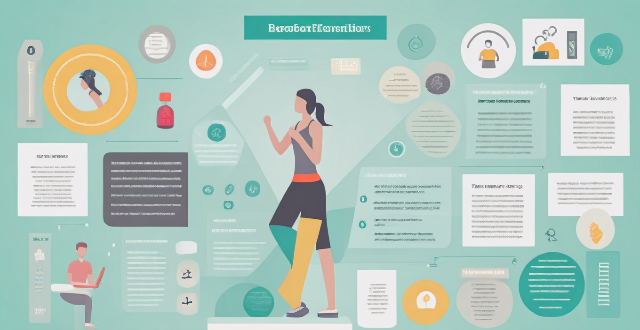To become a fitness instructor, one needs a high school diploma or equivalent, certification programs like Certified Fitness Instructor (CFI), specialized certifications, practical skills in anatomy, physiology, first aid, teaching and communication. Continuing education is important to stay updated with trends and research. Personal qualities such as passion for health, patience, empathy, leadership, and motivational skills are crucial. Business and marketing skills including client relations management and social media presence are also necessary.

What Kind of Training Does a Fitness Instructor Need?
Becoming a fitness instructor requires more than just a passion for exercise. It involves acquiring specialized knowledge, practical skills, and certifications to ensure that you can safely and effectively guide others on their fitness journey. Here's a breakdown of the key components of training needed to become a qualified fitness instructor:
Educational Requirements
High School Diploma or Equivalent
- Most entry-level positions require at least a high school diploma or equivalent.
Certification Programs
- Certified Fitness Instructor (CFI): A foundational program that covers basic principles of health, fitness, and safety.
- Specialized Certifications: Additional certifications may be required or preferred depending on the area of specialization, such as yoga, strength training, or aerobics.
Practical Skills
Anatomy and Physiology
- Understanding how the body works is crucial for designing effective workout plans and preventing injuries.
First Aid and CPR Certification
- Being able to provide emergency care is essential in case of accidents or health issues during a workout session.
Teaching and Communication Skills
- Ability to explain exercises clearly, motivate clients, and adapt instructions to different learning styles.
Continuing Education
Staying Updated
- Fitness trends and research evolve constantly; continuing education helps instructors stay current with industry standards.
Advanced Certifications
- Pursuing higher-level certifications can enhance credibility and open up opportunities for advancement within the field.
Personal Qualities
Passion for Health and Fitness
- A genuine interest in maintaining a healthy lifestyle and helping others achieve their fitness goals.
Patience and Empathy
- Understanding clients' challenges and providing support through their fitness journey.
Leadership and Motivational Skills
- Encouraging clients to push themselves while ensuring they stay within safe boundaries.
Business and Marketing Skills
Client Relations Management
- Building rapport with clients, managing schedules, and handling inquiries professionally.
Social Media and Online Presence
- Using platforms like Instagram or YouTube to showcase workout routines, attract new clients, and build a brand.
In summary, becoming a fitness instructor involves a combination of formal education, practical skills training, continuous learning, personal qualities development, and business acumen. By meeting these requirements, you'll be well-equipped to guide others towards achieving their fitness goals safely and effectively.